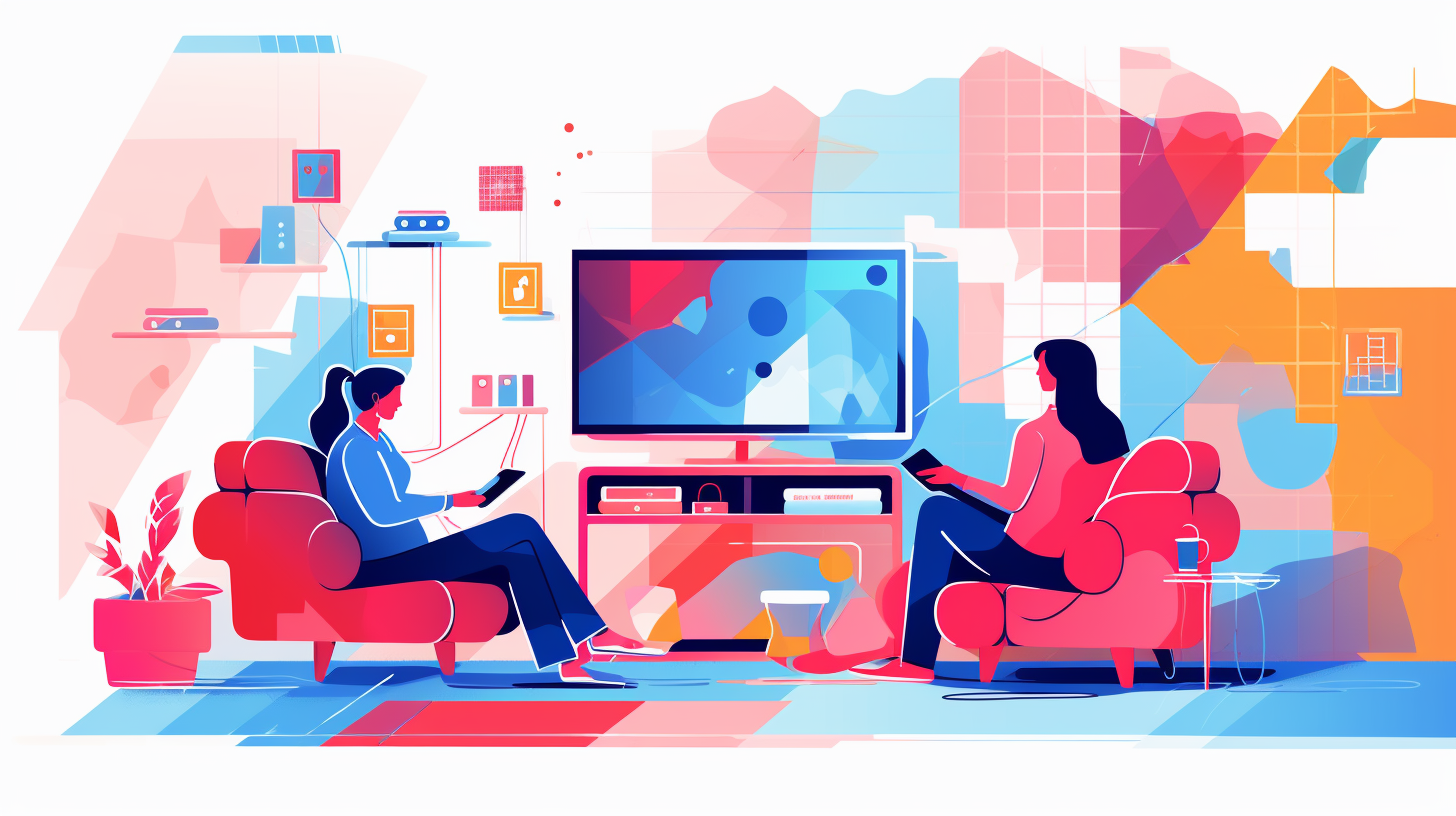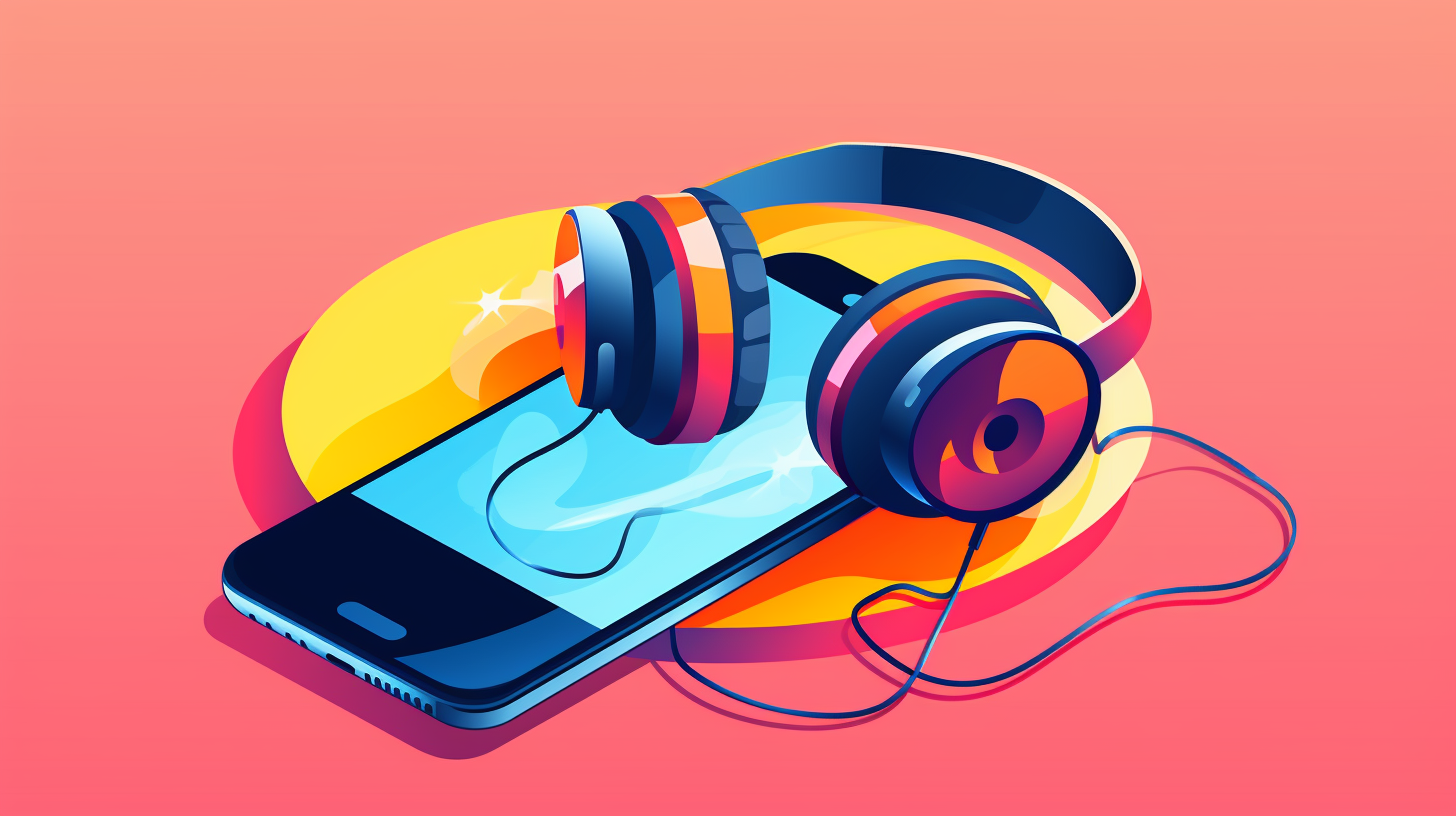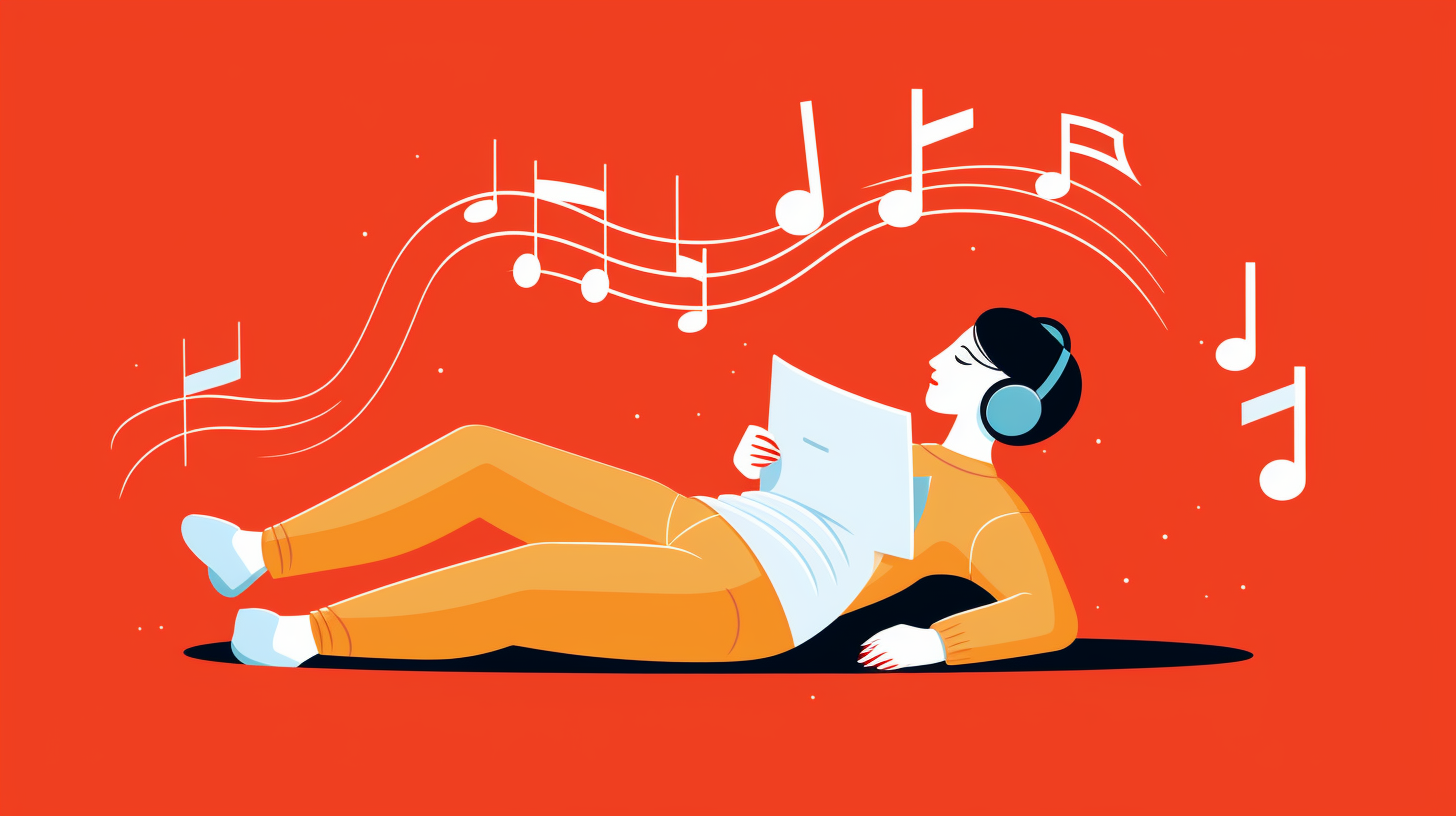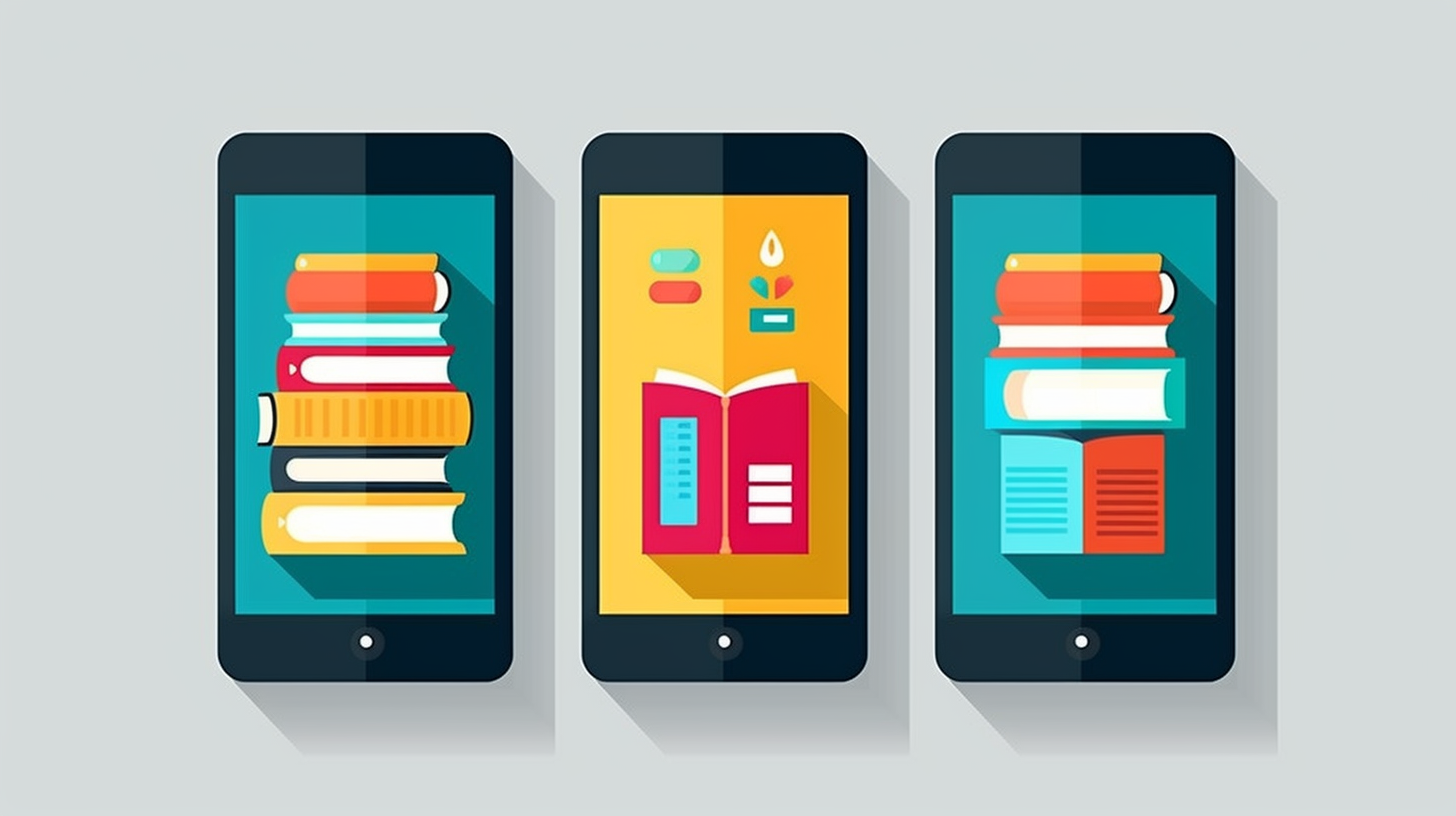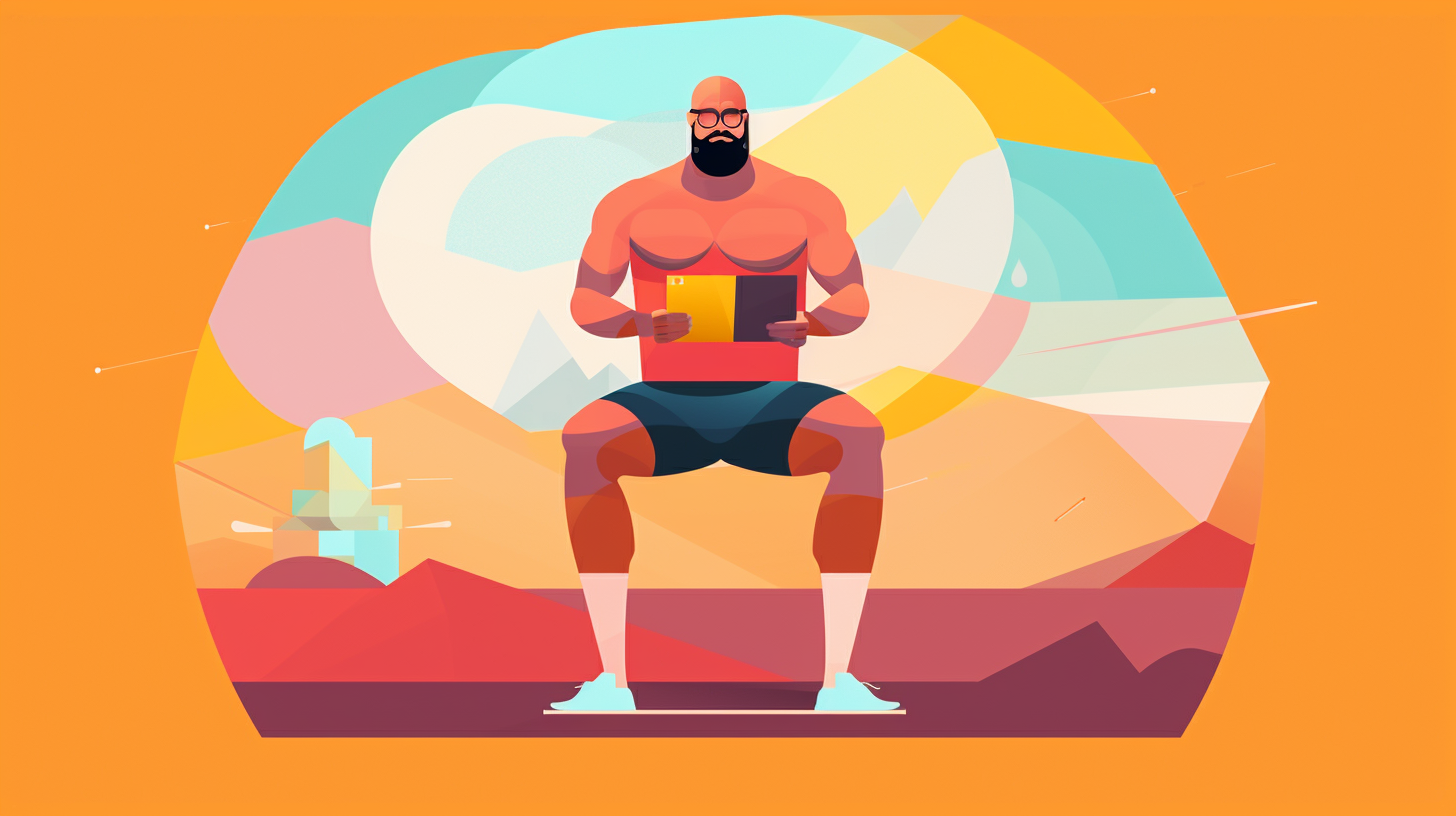Diving into the classic debate of books vs movies, you’ve likely found yourself in the middle of passionate discussions about which medium tells a story better. While some argue that nothing beats the depth and imagination of a good book, others point out the visceral impact of movies. In this exploration, we’ll dissect the benefits of books, from their detailed narrative to the intimacy of connecting with characters.
We’ll also champion the advantages of movies, with their visual spectacle and collective viewing experiences. Your personal preferences play a crucial role in this debate, and we’ll investigate how they shape your experience. Finally, we’ll examine the broader impact of books and movies on society, influencing culture and sparking conversations.
Benefits of Books
Enhanced Imagination
When you jump into a book, your mind paints the scene. Unlike movies, where the visuals are predetermined, books empower you to craft unique worlds in your mind’s eye. This act of creation is a mental exercise that bolsters your imagination.
You’re not just a spectator but a participant in the narrative’s construction. Your mind is the canvas, and words are the paint with which you visualize each story element. Books catalyze creativity, sparking an intellectual engagement that’s hard to replicate in the more passive experience of watching a movie.
Deeper Character Development
As you turn page after page, you become privy to characters’ innermost thoughts, understanding their motives, fears, and aspirations in a way often glossed over in films. Books provide a nuanced exploration of characters, allowing you to comprehend their growth and change over time. This in-depth portrayal promotes a stronger attachment to the characters, enhancing your investment in the story. In essence, books offer a level of character detail that typically surpasses what’s possible in the time constraints of a movie.
Advantages of Movies
Visual Spectacle
You’ve heard the debate, perhaps even participated in it – are books better than movies? While each has its merits, movies excel at delivering a visual spectacle unmatched in print. The allure of cinema lies in its ability to whisk you away with its vivid depictions and artistry. Big-budget productions bring stories to life with cutting-edge special effects and stunning cinematography that capture your attention and seldom let go.
Imagine sprawling landscapes and intricate sets you might struggle to visualize from a book’s description. Movies make these fantastical visuals effortless, offering you an instant immersion into the world the director intends. Visual storytelling in films can evoke a powerful emotional response, sometimes instantaneously. Whether through grandiose scenes or the subtle nuances of an actor’s expression, the visual power of movies is an undeniable advantage in the movies vs books debate.
Engaging Storytelling Techniques
Movies also harness engaging storytelling techniques that might take chapters to unfold in books. Combining musical scores, nuanced performances, and precise editing creates a multi-sensory experience. It’s this blend that can convey complex narratives succinctly. For example, a movie can show you a character’s backstory with a single flashback, a more immediate technique than the detailed narrative often found in books.
Pacing is crucial in storytelling, and movies typically adhere to a tighter script, ensuring that you’re constantly being propelled forward in the narrative. Dramatic tension is built and released in a cadence that books might struggle to match. Filmmakers use techniques like cross-cutting or montage to build excitement and keep you on the edge of your seat, contributing to the movie vs book argument.
While some argue that books are better than movies, citing the depth and introspection they provide, movies counter with their ability to tell a story dramatically and economically. Your time is valuable, and films respect that by delivering compact and fulfilling entertainment.
Remember, whether you prefer the methodical depths of literature or the dynamic allure of movies often depends on your personal tastes. Next time you decide between a book or its movie adaptation, consider the distinct advantages of visual and auditory storytelling that movies offer. They might be the perfect choice for your next storytelling adventure.
Personal Preferences
Reading Experience
When you choose to jump into a book, whether it’s a paperback or an audiobook, you’re embracing a personal journey. Unlike movies, books allow you to interpret and imagine the worlds within on your own terms. This is a core reason many argue that books are better than movies. You’re not just a spectator but a participant in the story’s unfolding. Here are some points you should consider about the reading experience:
- Books allow you to set your own pace to absorb every detail at your leisure.
- Mental imagery during reading enhances creativity as your brain sketches out scenes, characters, and settings.
- When you read, especially from various authors, your vocabulary and understanding of different writing styles expand, something movies cannot offer in the same depth.
AudioBooks, in particular, bring stories to life through the nuance and emotion of the narrator’s voice. They offer a unique advantage for when your eyes need rest or if you’re multitasking. AudioBooks can be a convenient option, allowing you to experience literature while you commute, exercise, or even clean your home.
Movie Watching Experience
Let’s talk about the movie-watching experience. Movies have their place in storytelling, offering you a different kind of escapism. The visual spectacle of movies is often unmatched. Consider:
- Movies condense stories into a shorter time frame, which is ideal for your busy schedule.
- They deliver instant visual gratification and a communal viewing experience that’s hard to replicate with a book.
- Combining audio and visual elements often makes complex narratives easier to follow.
But, it’s important to note that some depth can be lost in translation from page to screen. Movies may not always capture the subtleties of character development or the inner workings of a protagonist’s mind that books excel at.
In the debate of books vs movies, it’s clear that both mediums offer their own distinct advantages. Whether you believe books are better than movies or not, it often comes down to your personal preference for storytelling. If you’re considering convenience alongside depth, AudioBooks could offer the best of both worlds, merging the rich, detailed reading experience with the auditory pleasure of listening.
Impact on Society
Influence on Popular Culture
In exploring the impact of books vs movies on society, it’s clear that both have profoundly influenced popular culture. While books have long been a staple of cultural discourse, where their storylines and characters seep into everyday conversation, movies take this influence to an even broader audience.
Movies bring stories to life with vivid images and soundscapes, creating a shared visual language that transcends borders. Many argue that “books are better than movies” because they allow readers to connect deeply with characters and plotlines. Yet, it’s undeniable that film adaptations often amplify a book’s popularity, highlighting its essence in a way that resonates widely throughout society.
Cinematic blockbusters, especially those based on novels, can spark surges in book sales. You’ve likely noticed how an electrifying trailer or a star-studded cast can reignite interest in a story, perhaps even compelling you to revisit the novel it’s based on or pick it up for the first time. Book vs movie debates flare up, igniting discussions centering on authenticity, adaptation choices, and narrative interpretations, enriching the cultural fabric.
Impact on the Entertainment Industry
The entertainment industry thrives on the creative tension between books and movies. While you might consider “Are books better than movies?” this interplay often feeds innovation. The book vs movie scenario presents a symbiotic relationship – books provide the rich narratives that movies bring to life. Studios keen to adapt bestsellers into blockbusters can catapult a novel from the shelves to the screen, expanding its reach exponentially.
Meanwhile, critically acclaimed adaptations can raise the bar for storytelling quality, sometimes even leading to a resurgence in literacy and reading as a hobby. But, “Why are books better than movies?” might arise when adaptations fall short, leaving readers clinging to a book’s depth and nuance over its cinematic counterpart. With every adaptation released, the industry learns that balancing respect for the original text with creative filmmaking is key to satisfying book lovers and filmgoers.
It’s essential to recognize that while movies vs books is an ongoing discussion, both are integral to the fabric of the entertainment industry, influencing the economy and the creation of cultural touchstones. Whether books are better than movies will continue to be debated, but their combined impact leads to a richer, more diverse entertainment landscape for consumers like you.
Conclusion
Deciding whether books or movies reign supreme might be missing the point. They both offer unique experiences tailored to your preferences and situation. Whether you’re craving the deep dive that books offer or the immediate visual feast of movies, you’re engaging with stories that resonate.
Remember, it’s not about choosing one over the other but appreciating how each medium contributes to the rich tapestry of storytelling. Embrace the variety and let your mood, moment, and curiosity guide your choice. After all, the stories that stay with us, through the pages or on the screen, truly matter.
Frequently Asked Questions
Is reading a book better than watching its movie adaptation?
Reading a book can offer deeper insight into character development and allow personal interpretation, whereas watching a movie provides visual and auditory stimuli that can bring the story to life differently. Neither is inherently better; it depends on personal preference.
Are books more detailed than movies?
Yes, books often contain more details than movies. They can afford to dive deeper into character thoughts, background stories, and world-building due to the lack of time constraints that movies face.
What is one key difference between books and movies?
A key difference is that books engage the reader’s imagination to visualize the story. At the same time, movies provide a visual and auditory experience that may limit personal interpretation but enhance storytelling through cinematography and music.
What are some disadvantages of reading books?
Disadvantages of reading books include the cost of purchasing them, the physical space needed to store them, the time commitment required to read, and the potential for reading to become a passive activity if not actively engaging with the content.
What are the five benefits of reading?
Five key benefits of reading include stress reduction, improved concentration and memory retention, vocabulary expansion, enhanced general knowledge, and increased imagination and creative thinking abilities.
